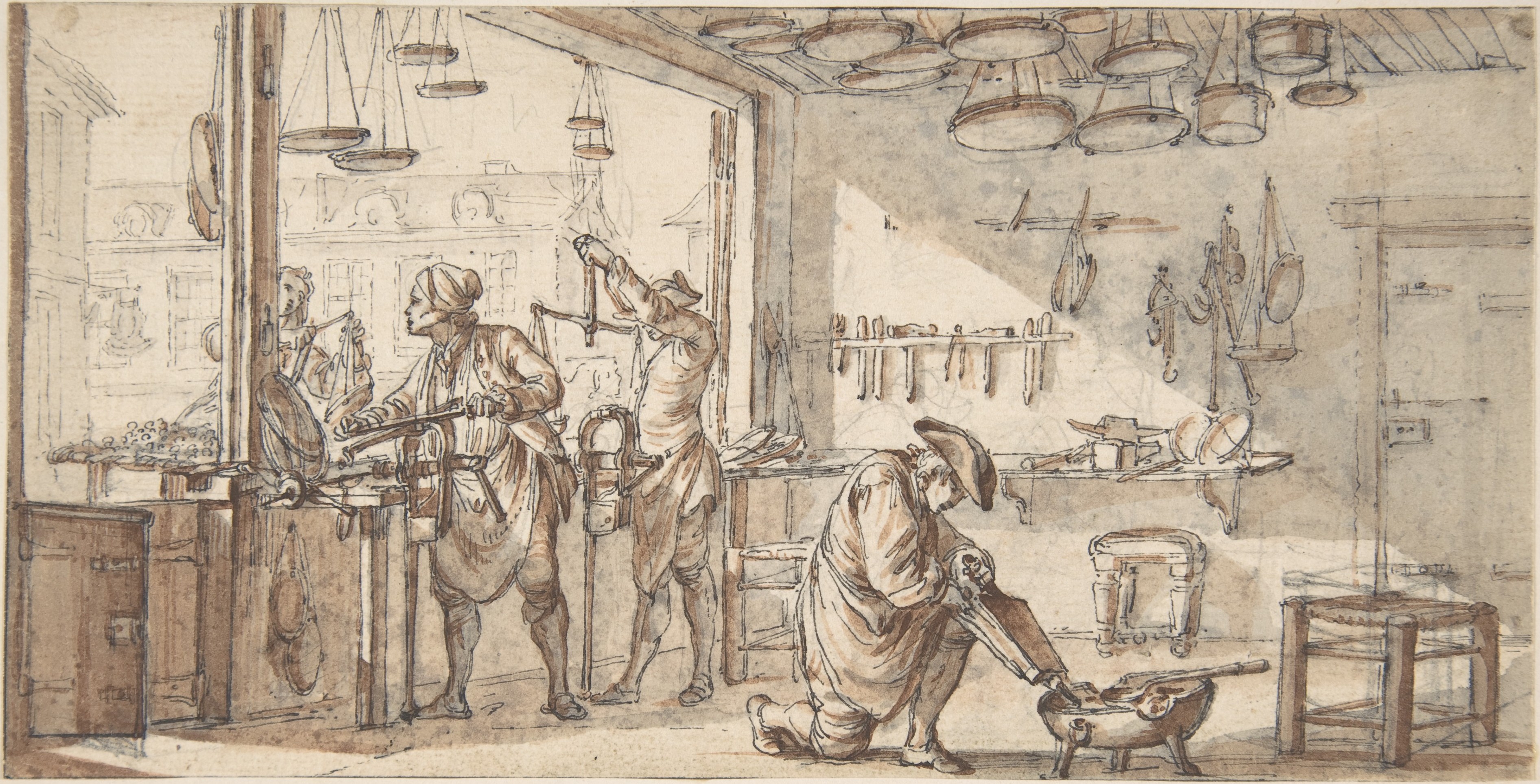Basic Utility Abilities - eskerthebreton/thrum GitHub Wiki
| Previous: Resources and Reputation | Next: Character Attributes |
|---|

Each Utility Ability falls into one of three categories: Gambit Modifiers, Passives, or Downtime Activities.
Gambit Modifiers are abilities that, as the name suggests, alter aspects of Gambit attempts, sometimes by manipulating the probabilities involved in the die roll, sometimes by altering the Risk Profile, sometimes in other ways.
Gambit Modifiers generally have a limit on how often they can be used. The limit is either specified by the Uses/Cooldown field, which is specific to that ability (for instance Uses/Cooldown: 1/Scene means the ability can be used once per Scene) or by Effort Cost. Effort is a general resource shared across all Utility Abilities and is restored in part or in whole during downtime (depending on downtime quality).
Some Gambit Modifers are designated as Proactive, which means their use needs to be declared before the roll whose outcome they affect takes place. Others are Reactive which means they can be used after the roll.
Downtime Activities are used while the party is taking downtime, and grant a benefit during the next stretch of the adventure (referred to elsewhere in the rules as a Downtime Buff).
Downtime Activities require their own roll to take effect. Each character may only attempt one Downtime Activity per instance of Downtime, and may have one Downtime Buff active at a time unless something specifically allows otherwise. By default the benefit ends the next time the party takes downtime (though prematurely ending a Downtime Buff is one possible consequence of a fumbled Gambit).
If a Downtime Activity is associated with a specific Utility Art, then the player uses their modifier for that Art to resolve the roll. Unless otherwise specified, the opposition level for downtime rolls is zero. For Downtime Activities that are not associated with a specific Art (such as those listed under Basic Utility Abilities, the player uses whichever Art modifier is highest for them.
Passive abilities always grant a benefit in a specified context, with no effort cost or limit on uses.
Abilities associated with individual Utility Arts are listed in Utility Abilities By Art, but everyone has access to all of the following Universal Abilities without needing to select them.
Type: Gambit Modifier (Proactive)
Circumstance: You make any Gambit Roll
Effort Cost: 1
Effect: Gain +1 Boon on the roll
Type: Gambit Modifier (Proactive)
Circumstance: An ally makes any Gambit roll
Effort Cost: 1
Effect: Grant +1 Boon to the roll
Type: Gambit Modifier (Reactive)
Circumstance: An ally fumbles a Gambit, succeeds on a Costly Gambit, or Critically Fumbles a Risky Gambit
Effort Cost: 2
Effect: The negative consequence is avoided, or in the case of a Critical Fumble of a Risky Gambit, it is treated as a normal Fumble instead.
Type: Gambit Modifier (Reactive)
Circumstance: You Fumble (but don't Critical Fumble) a Gambit that is not Costly
Uses/Cooldown: 1/Episode
Effect: Both your roll and the opposition roll are repeated, and the outcome is determined by the new rolls, however the Gambit is now both Costly and Risky and if it was Controlled it no longer is. If the Gambit was Powerful it still is.
Type: Downtime Activity
Succeed: While this Buff is active, you may use the Push or Help modifier without expending effort. If you do, end this buff.
Type: Downtime Activity
Succeed: Choose one Utility Art. You have +1 Boon on all Gambit rolls using that art while this buff is active.
| Previous: Resources and Reputation | Next: Character Attributes |
|---|